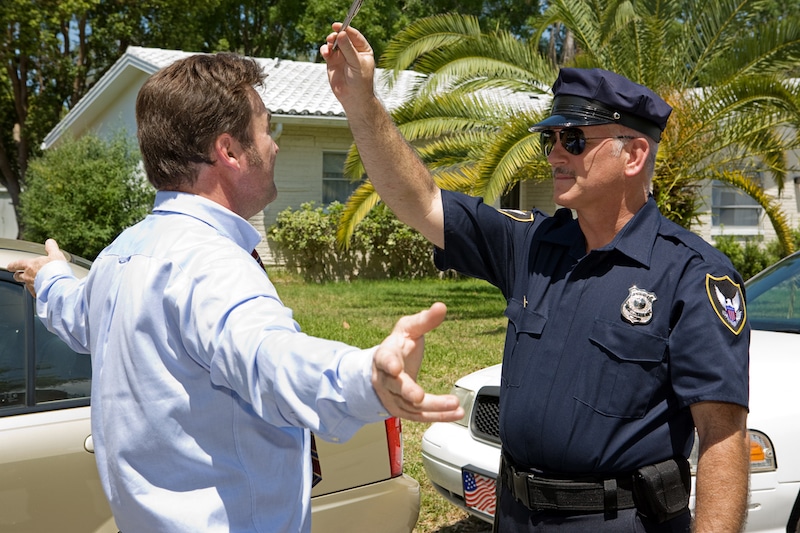THE DANGERS OF DWI NO REFUSAL WEEKENDS IN HOUSTON

No Refusal weekends are a new phenomenon coined by law enforcement to advertise that police agencies will ask for a search warrant to seize a blood sample from a driver, if you refuse to take the breath test.
The state of Texas allows a driver to refuse a breath or blood test, unless a judge issues a search warrant.
The idea behind DWI No Refusal Weekends is this: law enforcement wants you to make it easy for them to get evidence to convict you if you have done something wrong.
However, among the many problems with DWI testing administered by law enforcement, breath test evidence is the most unreliable scientific evidence because it is based upon the theory of getting air from the lungs, and testing it for alcohol saturation.
In truth, that is not where breath alcohol comes from.
Breath alcohol comes from the entire air system throughout your body–not just the deep lung area making the breath test fundamentally flawed and inaccurate.
TELL US ABOUT YOUR CASE
Form Submissions have a fast response time. Request your free consultation to discuss your case with one of our attorneys over the phone. The use of this form does not establish an attorney-client relationship.
The information on this website is for general information purposes only. Nothing on this site should be taken as legal advice for any individual case or situation. This information is not intended to create, and receipt or viewing does not constitute, an attorney-client relationship.



